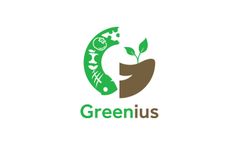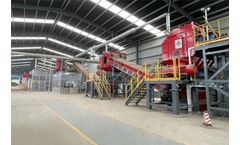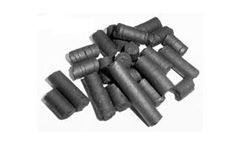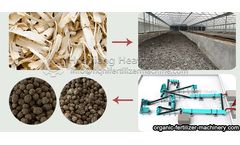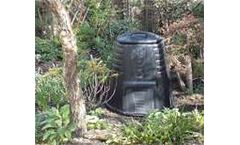Garden Waste Articles & Analysis
14 articles found
India’s urban centers are facing an alarming food waste crisis, with millions of tons of organic waste generated each year. This issue is compounded by rapid urbanization, inadequate waste management systems, and a general lack of awareness about sustainable waste disposal. The consequences of this crisis include overflowing landfills, methane emissions, and significant environmental ...
It’s essential to know how to use organic materials to get the most out of your plants while landscaping your yard or setting up a new garden. Organic waste can be efficiently mixed and composted with the help of the waste composting machine. ...
With the development of urbanization, the production of bulky waste and garden waste increases sharply, and its resource treatment has become an important theme of urban waste management. ...
The fuel source is locally grown coppice of native species eg willow, alder, hazel, hawthorn, chestnut etc harvested a 10 to 15-year rotation of silvicultural trimmings and clean green garden waste. Normally over 80% of fuel requirements can be sourced sustainably within a 5-mile radius 100% within 10miles. ...
Consider the moisture content of organic inputs Organic materials such as garden waste, food waste, and deadstock can all be composted; however each of these materials contains water. ...
The whole set of equipment can be used to deal with the substrate of seedlings and flowers, waste mushroom dregs, garden wastes, dead branches and leaves, etc. the operation is simple, and the effect of organic fertilizer is good after further treatment by fertilizer ...
Kiverco and EnVar, waste and recycling experts in their respective fields, have joined forces to help protect the environment and create resources for future generations as a new Kiverco waste screening plant is installed at EnVar's organic waste treatment site in Cambridgeshire. ...
Composting is effective way of solving problems associated with solid waste management. Some of the main issues associated with municipal solid waste composting are the increase of food waste percentage and development of breeding conditions favourable for various fly species causing public health issues. ...
The garden residues and trimmings were vermicomposted in order to mitigate environmental problems caused by them. The results of experiments indicated that the addition of Garden Trimmings (GT) up to 30% with cow dung (CD) produced good quality vermicompost in terms of increased NPK status as well as decrease in C : N and C : P ratio. ...
The goals of the present study were to (i) verify Parfitt’s (2005) household-level models of home composting diversion, (ii) provide additional insight into how those diversion factors were derived, (iii) extend the modelling approach to consider garden waste in residual and garden waste collections, and (iv) track the ...
The attenuation potential of methane (CH4) and of selected volatile organic compounds (VOCs) was compared in four types of compost materials using dynamic flow column experiments over a period of 255 d. Garden waste compost mixed with wood chips showed the highest steady-state CH4 oxidation rate (161 g m–2 d–1), followed by a commercial compost product Supermuld ...
For example, high quality compost produced from municipal garden waste such as grass cuttings, pruning and leaves— is a recycled product that can be used to manufacture a topsoil capable of supporting effective plant ...
WRAP (The Waste and Resources Action Programme) was established in 2000 with the primary aim of creating stable and efficient markets for recycled materials and products. ...
Mg of compost were produced in Germany in 1998 (Wiemer and Kern 1998). Kitchen and garden waste from households as well as waste from landscaping and parks were used as substrates to a high extent. ...

